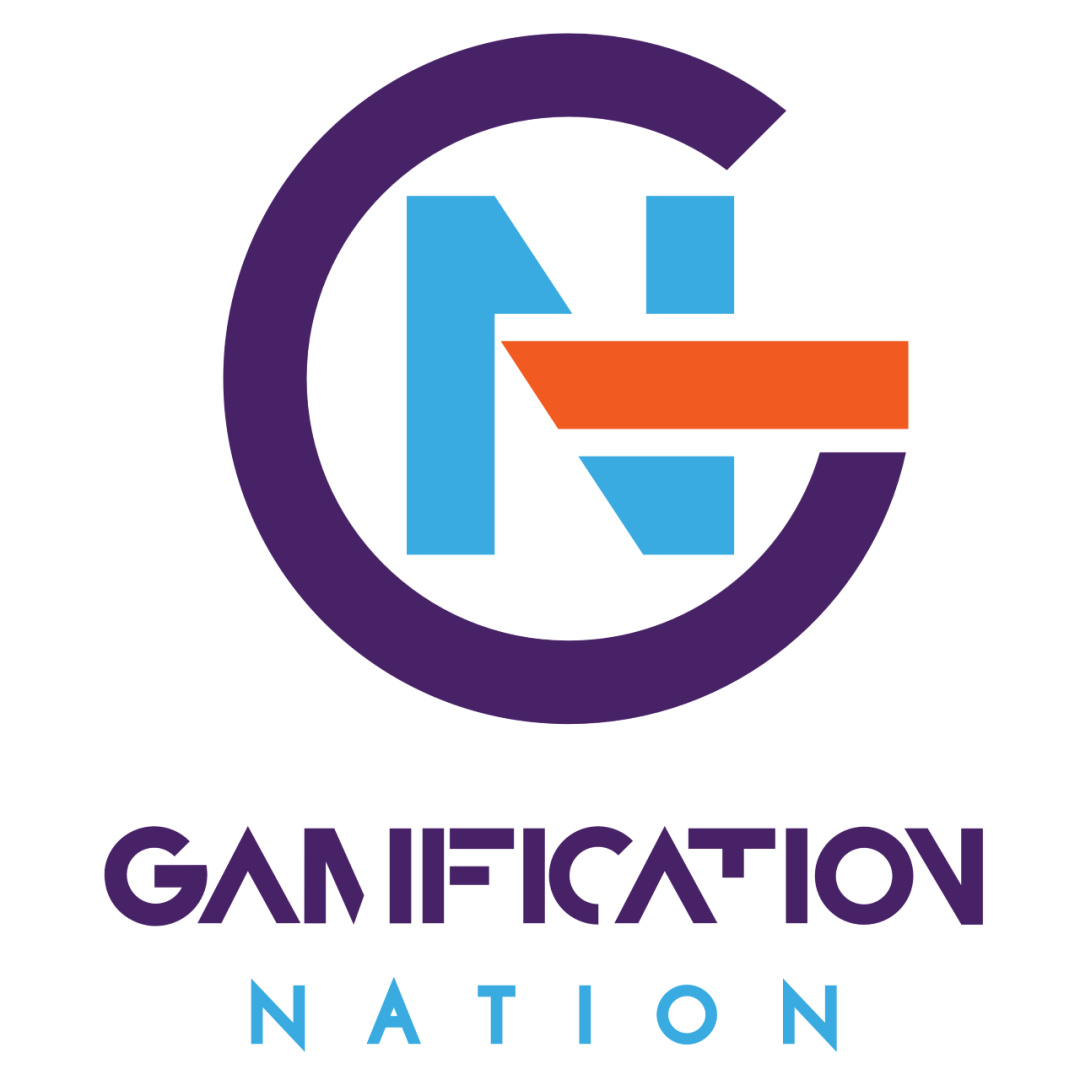Gamification stuff we love: Gamification MOOC’s also known as massive open online courses
As a bit of a learning nerd, it is no surprise that I follow developments in learning and development with interest. In fact most of my gamification education has taken an online format with a number of Udemy courses and currently I am working my way through the Coursera Gamification course by Kevin Werbach from Wharton Business School at Pennsylvania University and the latest European addition with Victor Manrique is also kicking off this week on iversity namely Gamification Design Mooc. The only exception has been the masters workshop with Gabe Zicherman, which allowed for good old networking with like-minded individuals in person which was inspiring too.
My time availability has been variable, so I tend to work my online courses in little bursts and when my mind is ready for learning. That is exactly why I enjoy these offerings, I can choose when and where I complete a course within reason, because some time constraints still prevail and not all content works on my beloved learning companion called iPad. In my ideal world the course should be available to all that sign up indefinitely and every part should be able o work on module devices especially tablets.
I like the fact that the MOOC’s give a clear journey in their syllabus, they encourage social sharing, but don’t force you to, they allow you to take tests on your knowledge and have instant feedback on how well you have absorbed information. In terms of some base gamification conditions a MOOC satisfies the voluntary aspect, the social aspect and in some scenario’s the community building factors. What has been specific to the gamification MOOC’s is that they have put more effort into providing game mechanics in action to enhance learning.
Lately I was asked whether online programs like MOOC’s will replace traditional learning. In my view there will still be a place for the traditional university and school model, but I do believe that when people’s priority is lifestyle and relevant knowledge is what is sought, that the popularity of online programs will rise. I already completed my MBA via distance learning from the Open University Business School in the early 2000’s and what I liked then was that I could learn, work and apply my learning in practice or challenge theoretical models with real life evidence in favour or against the model. The other advantage was the flexibility to shape my course modules based on what was important to me and it think that this is a key selling point for MOOC’s, but also for services such as TedX and Udemy, where a lot of experts share their insights freely.
Technological developments have enabled better and more diverse delivery of learning. I remember some Second World demo’s and quite enjoyed taking part in a classroom with avatars. Now with game design at the forefront of creating worlds in which you can explore and learn, I reckon the opportunity is so much bigger than before in delivering content in a multitude of formats, from traditional lectures, videos to webinars, e-learning modules, exploration challenges, interactive debates, etc. I even found I am reading more again thanks to e-readers, but love the instant online link element or option, so I can let my mind meander where it want to seek information next.
In my circle of friends I have a number of families turning to home schooling their children and this is where Mooc’s are turning out to be popular choices even for learners well below the normal university age, but subject savvy and knowledge hungry information seekers. The more we can make this process engaging, the more retention of information can be achieved, so imagine the opportunity for children that are opting out of the traditional prescriptive systems.
The downside I see is that it can lead to isolation, because you can totally opt out of interaction. When MOOC’s don’t have interaction built in or a social sharing element, a lot of adults will miss out from learning in context, which is how adults tend to organise information. Having taught in 3rd level adult education degrees, I often found students learned more from translating content into real life examples relevant to them in their world through the means of discussion, so I would encourage online programs to set up the program in such a way that this discussion can still take place.
Having to stick to a timeline for me is a bit of a challenge, so as soon as I missed a first assignment I basically refrained from participating in subsequent homework, purely because I felt behind and a bit of a fraud if I would skip some elements. Personally it didn’t take away from my learning, but that was mainly because I was self-motivated enough to keep going.
As you can probably deduct, I am in favour of these online developments. It won’t be everyone’s cup of tea, but then the same can be said for schools and universities.
I would love to know what you like or dislike about MOOC’s, so please share in out comments or social media?



